Take a photo of a barcode or cover
Overview
The goal is to read at least 1 classic per month, every year.
100 Classics
46 participants (100 books)
Overview
The goal is to read at least 1 classic per month, every year.
Challenge Books
73
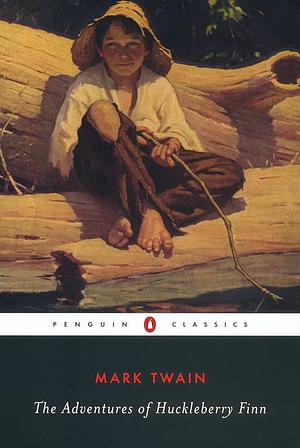
The Adventures of Huckleberry Finn
Mark Twain
Meander down the Mississippi River with Huck Finn and Tom Sawyer; on the surface, it’s a simple adventure but dig a little deeper into Mark Twain's novel and discover undercurrents of slavery, abuse and corruption in what Hemingway described as 'The best book we've had'.
74
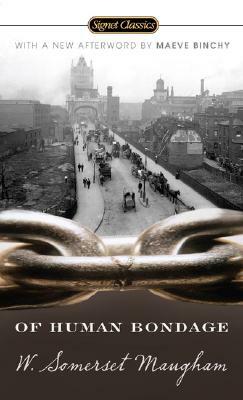
Of Human Bondage
W. Somerset Maugham
Although it is considered Somerset Maugham’s most autobiographical work, the author stated, 'This is a novel, not an autobiography; though much in it is autobiographical, more is pure invention.’ Regardless, the story of Philip Carey, a man with ambitions who falls in love with a loud but irresistible waitress is considered one of his finest books.
75
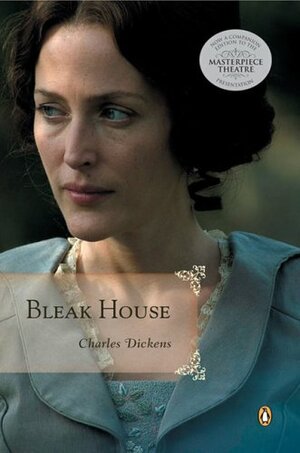
Bleak House
Charles Dickens
At the centre of Bleak House is the never-ending legal case of Jarndyce and Jarndyce which draws together a disparate group of people who hope in some way to profit from the case. Dickens’ scathing reflection of the legal profession went some way to support a judicial reform movement in the 1870s.
76
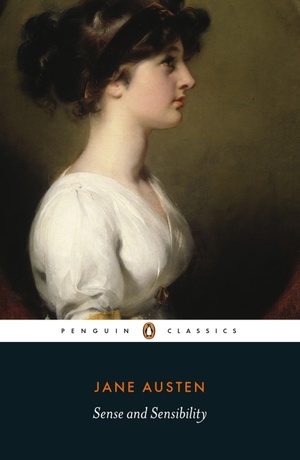
Sense and Sensibility
Jane Austen
Between Marianne’s impulsive romantic views and her older sister’s more practical view of love, we follow the two sisters as they embark on a new life after their father’s death, experiencing love, romance, and heartbreak.
77
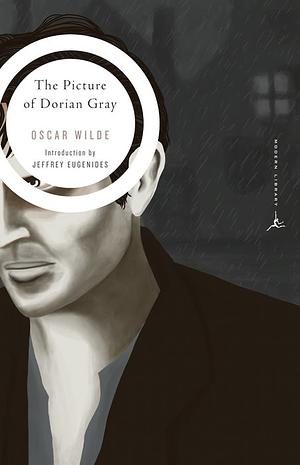
The Picture of Dorian Gray
Oscar Wilde
Obsessed with beauty, a young Dorian Gray expresses a desire to sell his soul so the portrait of himself that hangs on his friend’s wall, will age instead of him. A story of evil, debauchery and scandal.
78
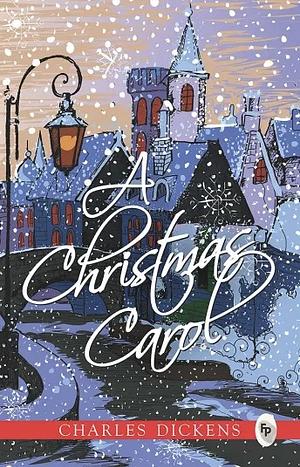
A Christmas Carol
Charles Dickens
This is arguably Dickens’ most famous tale. Ebenezer Scrooge, Tiny Tim and exclamations of 'Bah Humbug!' are as synonymous with the festive seasons as Santa, turkey and Christmas pudding.
79
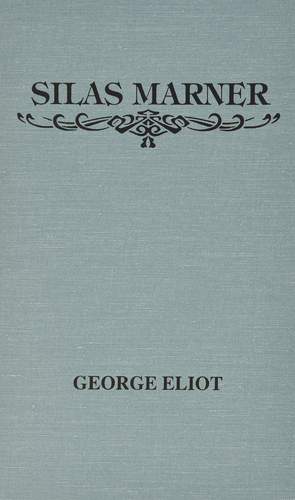
Silas Marner
George Eliot
Silas Marner was Eliot’s favourite of her novels. It tells the story of an isolated miser, who is given a second chance to transform his life when he adopts a young orphaned child. With themes of religion, industrialisation and community, the book also provides us with a glimpse of a vanished rural world.
80
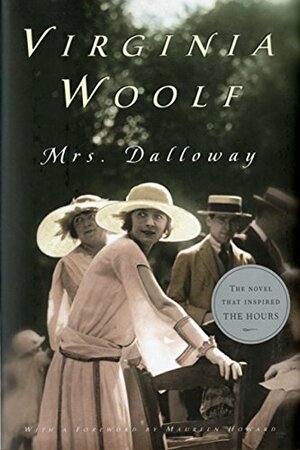
Mrs. Dalloway
Virginia Woolf
One of literature’s most famous parties - this groundbreaking postmodernist novel takes place across one day as Clarria Dalloway’s prepares for her evening celebration while reflecting on her life.
81
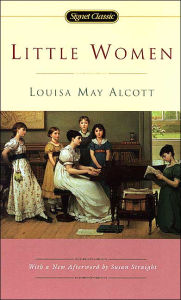
Little Women
Louisa May Alcott
In Little Women, Louisa May Alcott set out to write a book in which girls would see them themselves accurately reflected. The March sisters, with their four very different personalities and ambitions, accurately embody both the challenges of growing up and the irreplaceable bond of sisterhood.
82
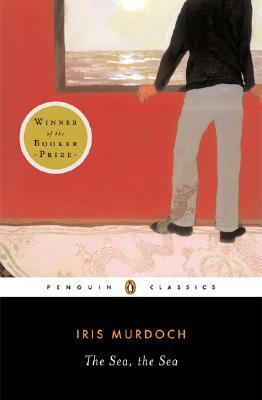
The Sea, the Sea
Iris Murdoch
Winner of the Man Booker Prize in 1978, Iris Murdoch's book is the story of strange obsessions and reflections which haunt Charles Arrowby, who retires from London’s glittering theatre world to an isolated home by the sea. An unforgettable story, beautifully told.
83
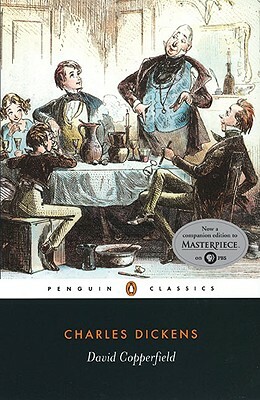
David Copperfield
Charles Dickens
Charles Dickens himself referred to this novel as his ‘favourite child’ and many of our readers agree. The story of David Copperfield and his adventures from childhood to maturity is partially an autobiographical novel based on the author’s life experiences.
84
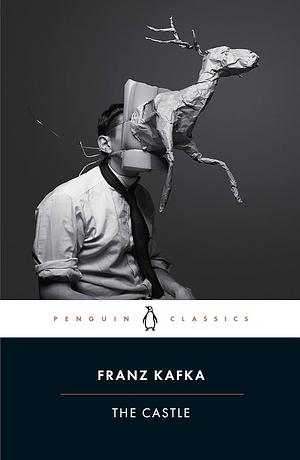
Franz Kafka's The Castle
David Fishelson, Franz Kafka, Max Brod, Aaron Leichter
Taking the word ‘Kafkaesque’ to new levels, The Castle is a nightmarish reach into an autocratic world. Bamboozling from start to the very unfinished end (the novel ends mid-sentence), this is Franz Kafka’s finest commentary on oppression and bureaucracy.
